
Think Global Health
@ThinkGlobalHlth
A new site examining how changes in health are reshaping economies, societies, and everyday lives. An initiative from @CFR_org. Follows≠endorsements.
Better health begins with ideas. Sign up for @ThinkGlobalHlth's Friday newsletter for the latest global health news and analysis thinkglobalhealth.org/newsletter

National blood transfusion services in low- or middle-income countries face dire consequences because of foreign aid cuts. Read how new partnerships and coordinated investments are needed to safeguard access to safe blood. thinkglobalhealth.org/article/neglec…

The collapse of U.S. foreign aid is unraveling decades of health progress. @ThoaiDNgo highlights cases from Colombia, Kenya, and Nepal. thinkglobalhealth.org/article/usaid-…

The Ganges water-sharing treaty is set to expire in 2026. @ZakariaBinAmjad urges Bangladesh and India to give the 30-year treaty a planetary health makeover to restore a damaged ecosystem and build peace in South Asia. thinkglobalhealth.org/article/ganges…
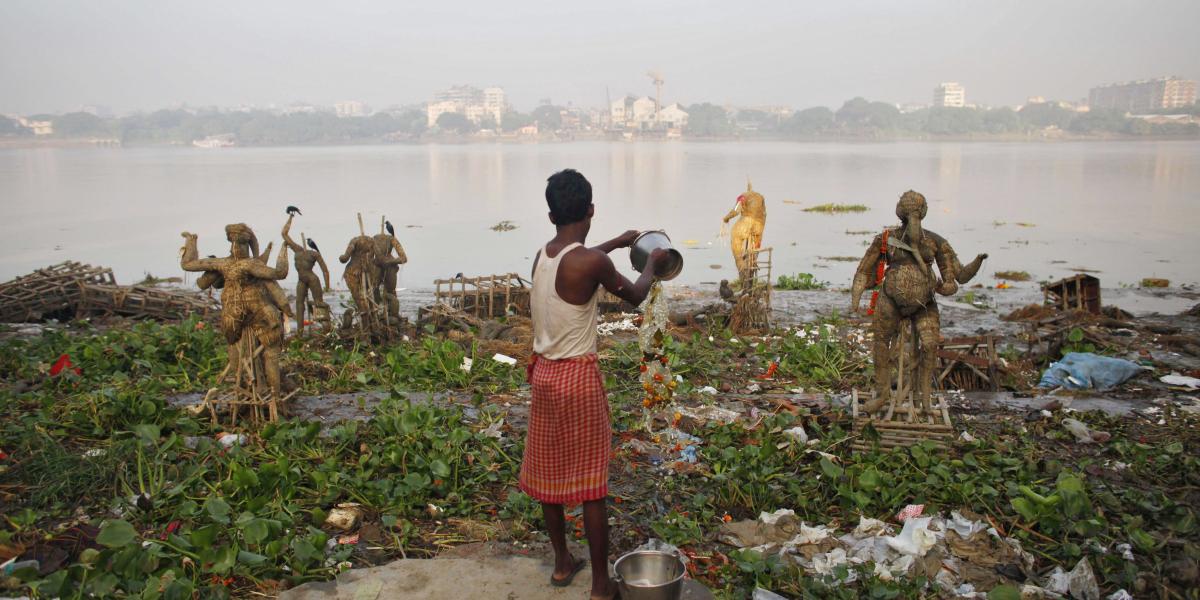
Trauma can have lasting effects on human biology. Syrian-American social scientist @Diana_Rayes dives into how her family’s experience during the 1982 Hama massacre shapes her understanding of the tragedy. thinkglobalhealth.org/article/author…
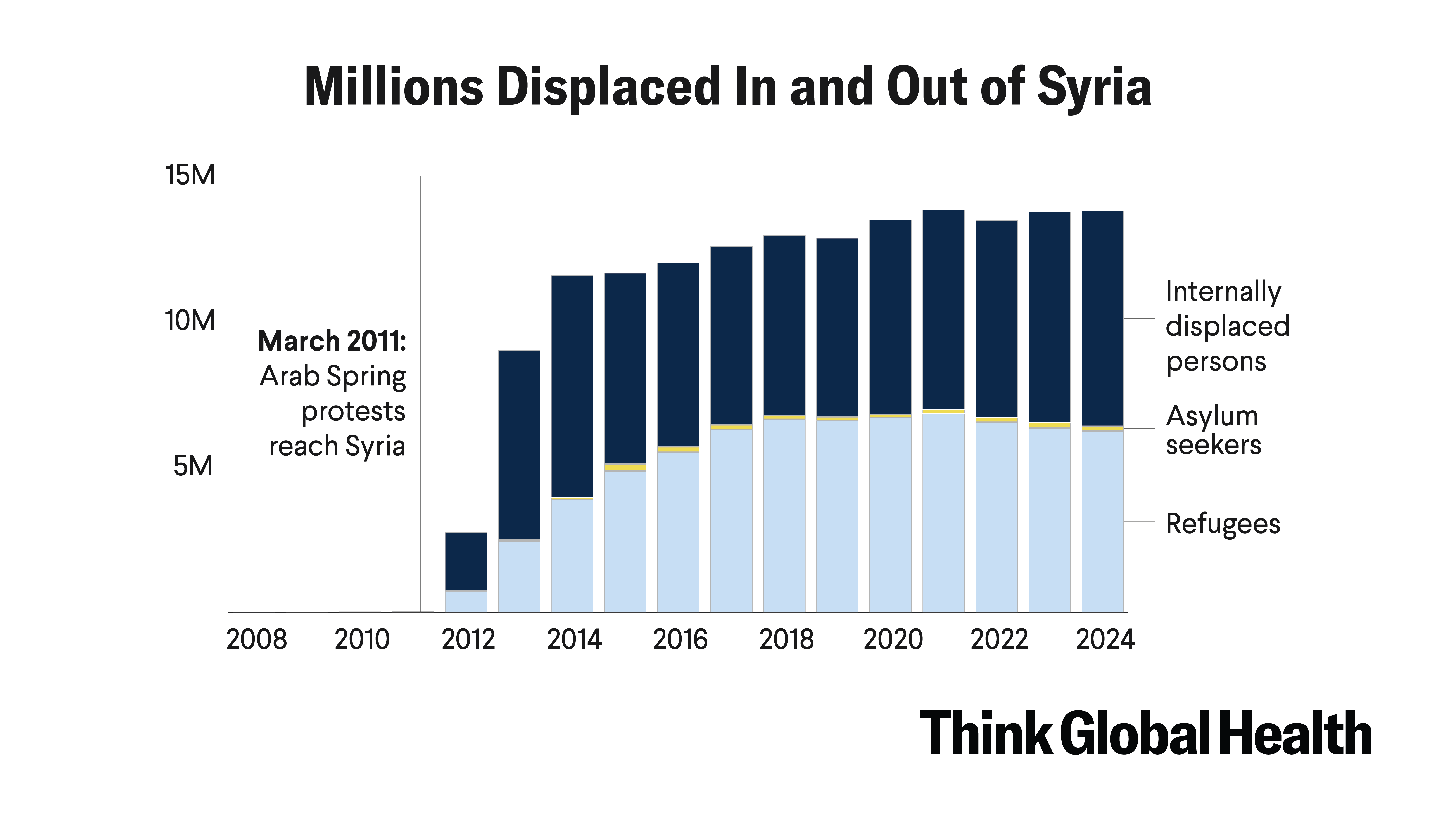
As more African countries move away from aid dependency, Nigeria presents lessons on how political will, smart investments, and regulatory reform can reshape the health manufacturing landscape in the region. thinkglobalhealth.org/article/africa…

In Indonesia, the province of Papua accounts for 93% of the country’s malaria cases. Learn how this burden led Indonesia to recently join the WHO’s Western Pacific Region—as part of a bid to achieve malaria-free status by 2030. thinkglobalhealth.org/article/indone…

“A blanket tariff on pharmaceutical imports would only worsen the dangers posed by the United States’ growing dependence on foreign drugs and drug inputs,” argue @Prof_Yadav_SCM and @TomBollyky. foreignaffairs.com/united-states/…
Professor Melissa McCracken (@intnlwaters) co-authored a piece outlining the consequences of India's suspension of participation in the Indus Waters Treaty. @ThinkGlobalHlth @policy_climate @CIERP_Fletcher thinkglobalhealth.org/article/india-…
Aid sanctions are a more targeted and less aggressive measure of coercion than broader financial sanctions. Yet, a study in the Lancet shows that the most vulnerable populations, mothers and children, face the deepest consequences when aid is withheld. thinkglobalhealth.org/article/civili…

India's decisions to suspend the Indus Waters Treaty and withhold hydrological data could disrupt Pakistan’s ability to handle extreme weather and pollution, write @CLE_State's Neda Zawahri and @FletcherSchool's Melissa McCracken. thinkglobalhealth.org/article/india-…

Science diplomacy helped the United States become a leader in innovation, but recent shifts in priorities threaten this position. thinkglobalhealth.org/article/health…
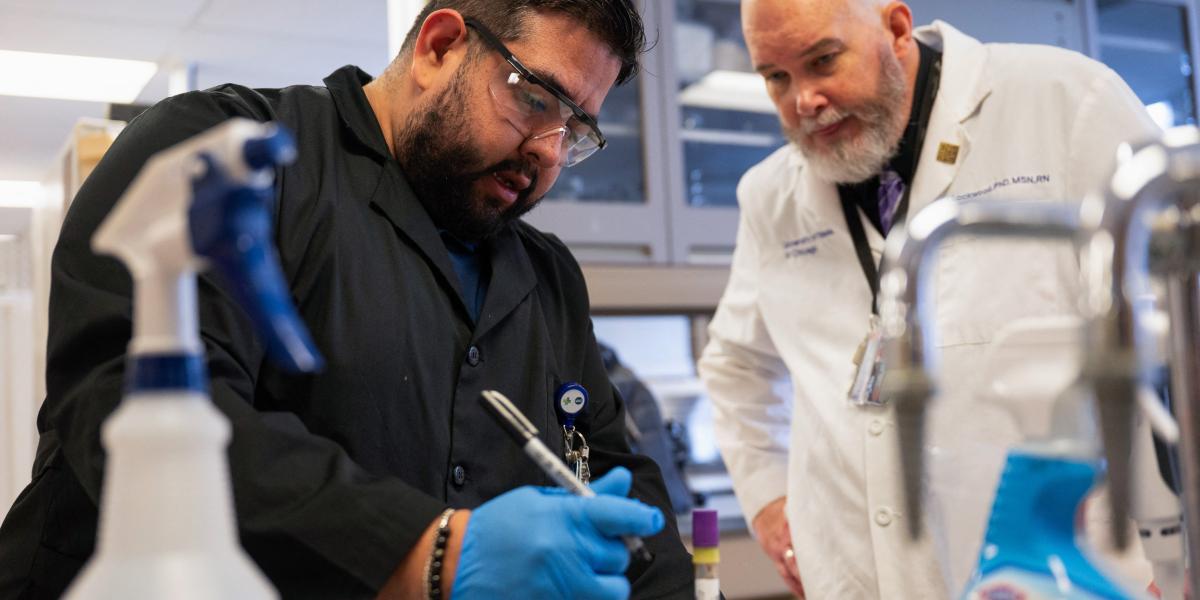
From the Cough of Perinthus in ancient Greece to Long COVID in the modern world, societies have toiled under post-viral illnesses. @mendenhall_em and @phil_fink describe the history of these conditions, which have struggled to breach mainstream policy. thinkglobalhealth.org/article/long-f…
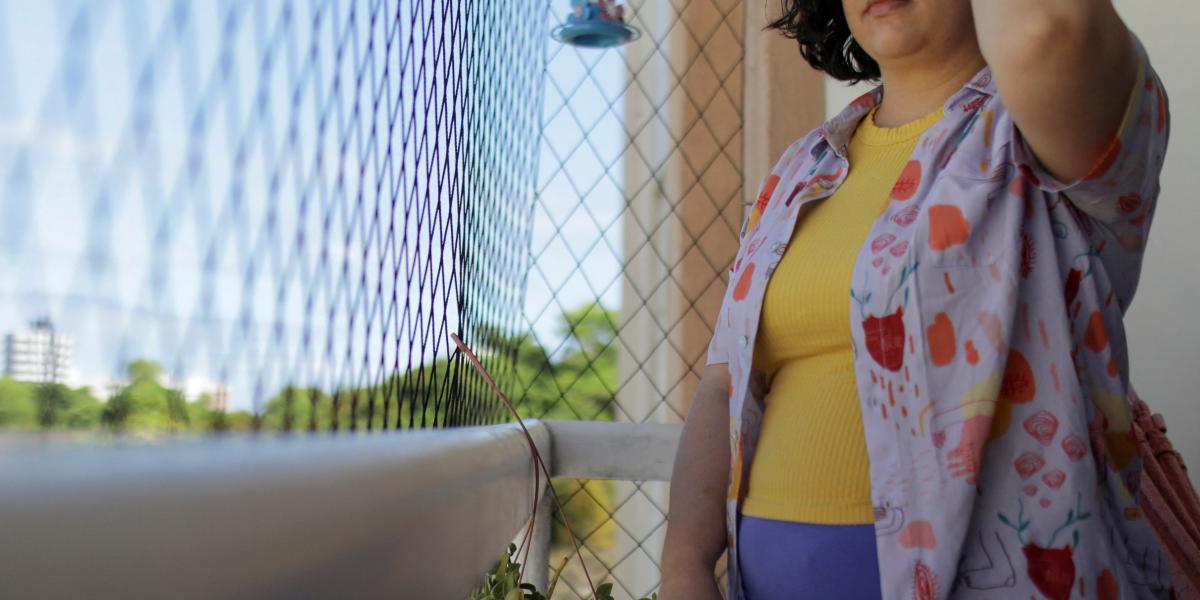
This video gets lots wrong on the IHR amendments, but the salient question is whether it's right in saying by rejecting amendments, the US is doing so not just for its own citizens, but on behalf of whole world ie, will other govts be influenced by this? x.com/SecKennedy/sta…
The proposed amendments to the International Health Regulations open the door to the kind of narrative management, propaganda, and censorship that we saw during the COVID pandemic. The United States can cooperate with other nations without jeopardizing our civil liberties,…
The Trump administration's "One Big Beautiful Bill" could make it more difficult for cancer patients to get medical care like screenings and treatment. thinkglobalhealth.org/article/cancer…

The U.S. donor egg market is a lucrative sector, receiving a $400 million valuation in 2024. But @FerrukhF reports that the health risks involving donation procedures could be underreported because of a lack of oversight. thinkglobalhealth.org/article/money-…
Cuts to USAID funding risk undoing decades of progress in #GlobalHealth. In places like Nepal and Kenya, these investments mean #vaccines, newborn care & trained providers. #ChildHealth can’t be optional. Read more @ThinkGlobalHlth: buff.ly/ICB7lFW
"Attacks on health care have become more frequent throughout the last decade, and perpetrators have enjoyed near total impunity from legal consequences." Read how these attacks undermine legal protections for health care. thinkglobalhealth.org/article/hospit…

About 1.4 billion people will be older than 60 by 2030. To support aging populations, a growing number of countries have established national action plans that combat ageism and ensure access to care. thinkglobalhealth.org/article/going-…
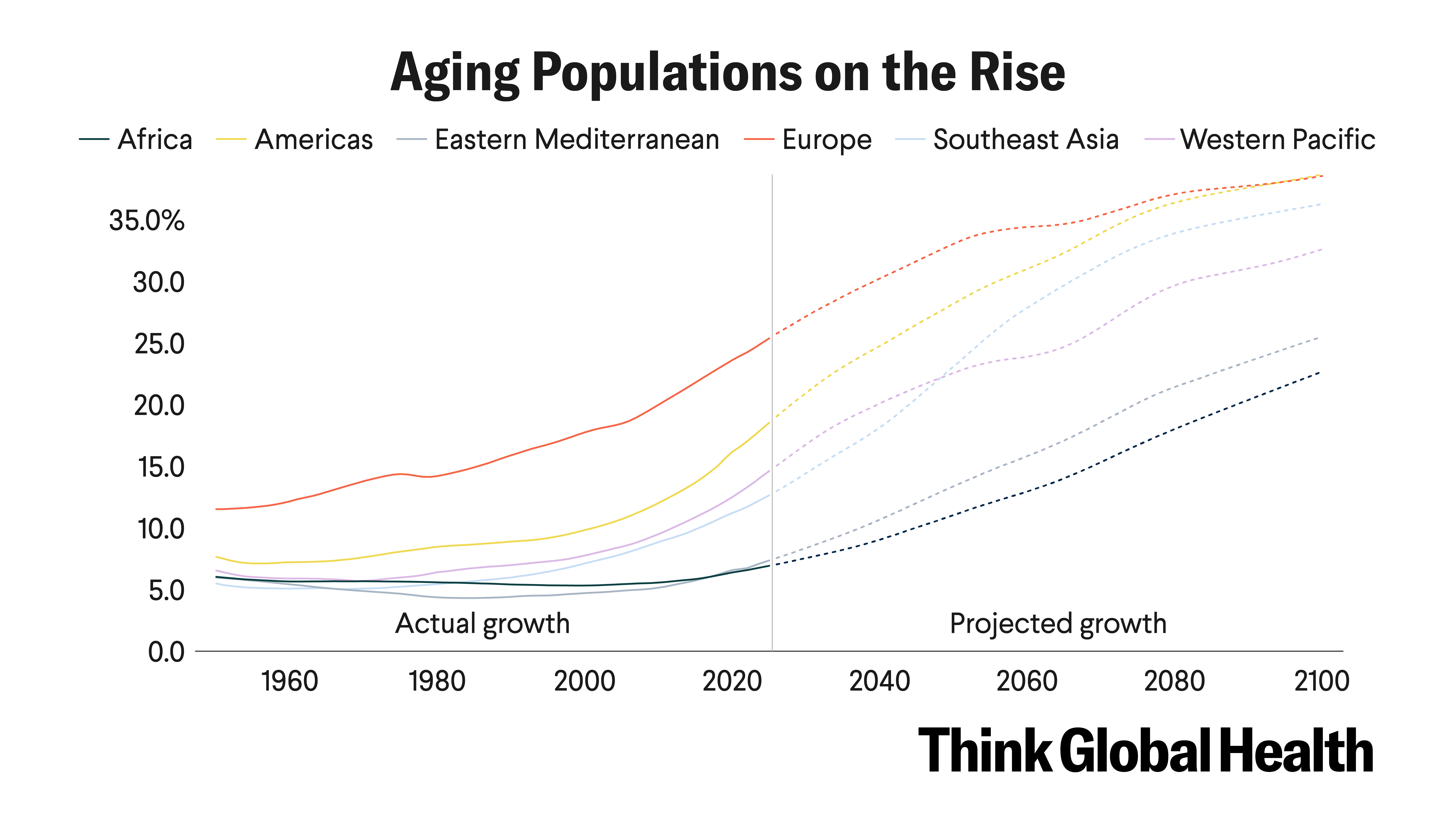
Since 1980, more than 4.4 billion children have benefited from childhood vaccines, but global coverage is declining amid conflict, economic uncertainty, and climate change. @allisonkrugman interviews @IHME_UW researchers about a new study on these trends. thinkglobalhealth.org/article/tracki…
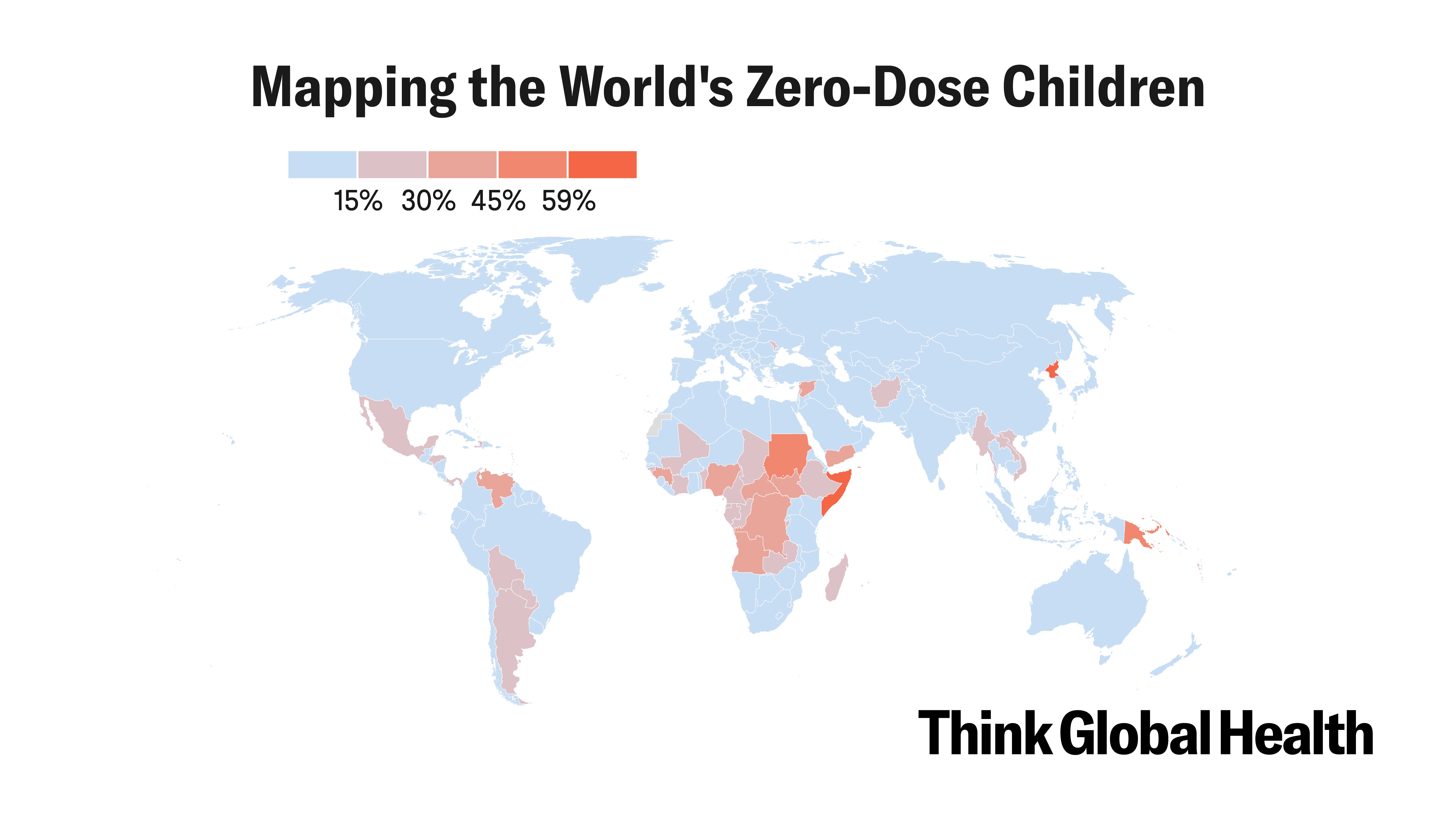
The United States’s rapid withdrawal of foreign aid could imperil its soft power, limiting the country's ability to set agendas in world politics and advance strategic interests. thinkglobalhealth.org/article/us-sof…
